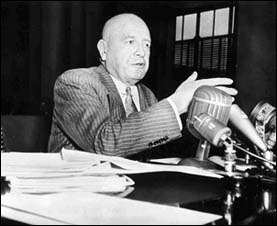Marijuana Prohibition Is Unscientific, Unconstitutional, and Unjust
The war on weed is a legal and moral outrage built on a mountain of lies.

Next Thursday I am scheduled to debate marijuana prohibition on The Glenn Beck Radio Program with Robert White, co-author (with Bill Bennett) of Going to Pot: Why the Rush to Legalize Marijuana Is Harming America. In my latest Forbes column, I outline my main arguments:
A few days before the House of Representatives passed a federal ban on marijuana in June 1937, the Republican minority leader, Bertrand Snell of New York, confessed, "I do not know anything about the bill." The Democratic majority leader, Sam Rayburn of Texas, educated him. "It has something to do with something that is called marihuana," Rayburn said. "I believe it is a narcotic of some kind."
That exchange gives you a sense of how much thought Congress gave marijuana prohibition before approving it. Legislators who had heard of the plant knew it as the "killer weed" described by Federal Bureau of Narcotics Commissioner Harry Anslinger, who claimed marijuana turned people into homicidal maniacs and called it "the most violence-causing drug in the history of mankind." Anslinger warned that "marihuana causes white women to seek sexual relations with Negroes" and estimated that half the violent crimes in areas occupied by "Mexicans, Greeks, Turks, Filipinos, Spaniards, Latin Americans, and Negroes may be traced to the use of marihuana."
Given this background, no one should pretend that marijuana prohibition was carefully considered or that it was driven by science, as opposed to ignorance and blind prejudice. It is hard to rationally explain why Congress, less than four years after Americans had emphatically rejected alcohol prohibition, thought it was a good idea to ban a recreational intoxicant that is considerably less dangerous.


Show Comments (84)